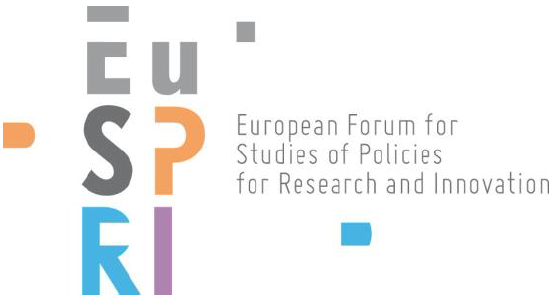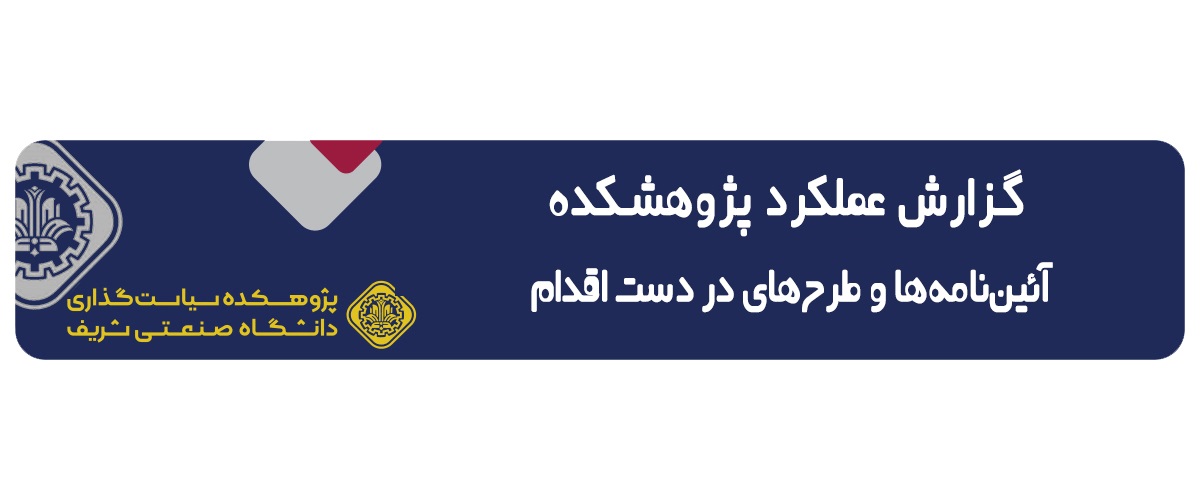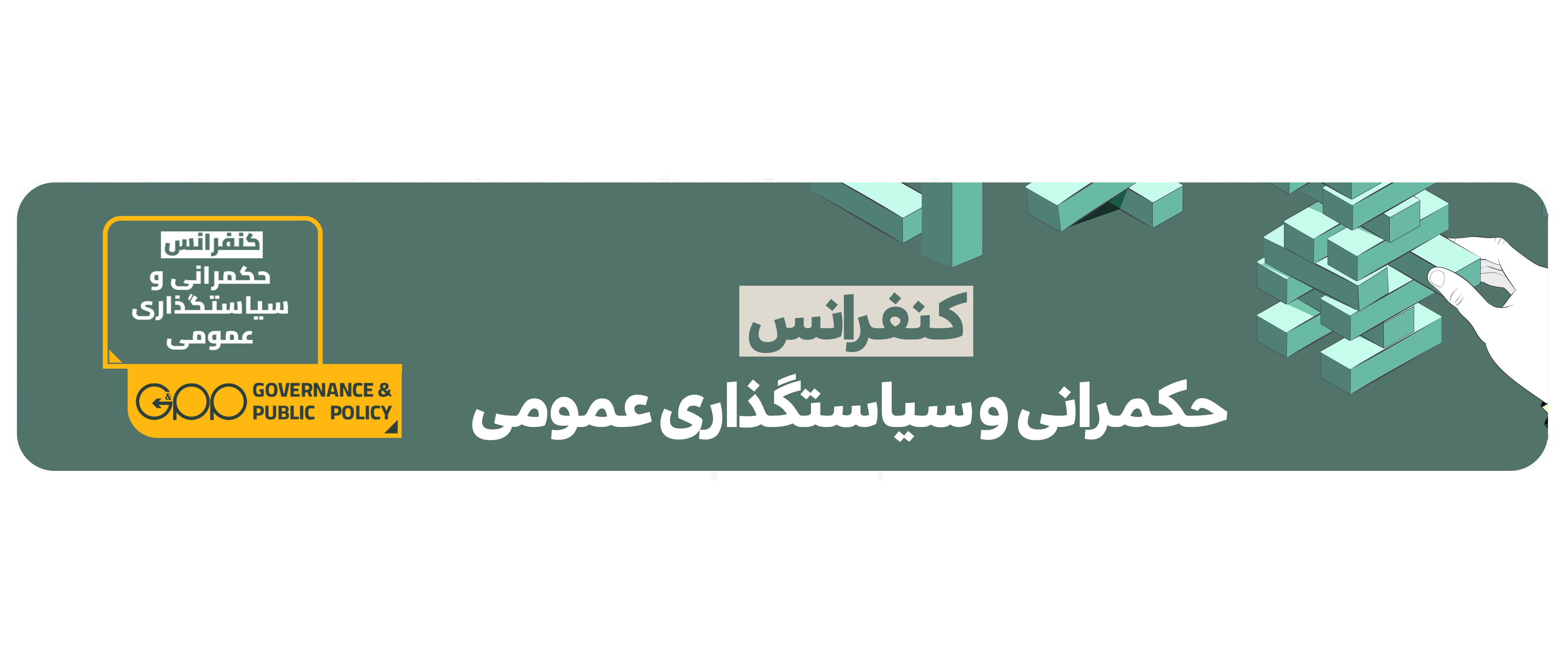چكيده
Economic development needs universities to seek proper solutions for local and national problems. However, a university in developing countries, including Iran, primarily should be able to graduate people who are capable to solve complex problems. Because of the substantial interdisciplinary character of complex problems, this goal, training problem-solvers in university, is possible only if the universities in developing countries reach to the interdisciplinary education and research. Hence, the function of interdisciplinarity is to train problem-solvers in order to respond the major requests of society. Iranian society sees a failure in its universities exactly at this point: Universities in Iran have a serious problem in order to be effective in economic development. Although interdisciplinary education and research theoretically is a key to improve domestic economy, there are a great number of barriers raised in front of them to reach an interdisciplinary institutes. This paper focuses on the experience of one the top-ranked Iranian universities, named Sharif University of Technology (SUT). Using qualitative methods, particularly deep interviews and panel of experts, we understood that there is a highly established capability of disciplinary education in SUT, which is the most emphasized competency of this university. Thus, from these interviews it may be crystal clear that SUT's core competency is becoming its core rigidity. According to this experience, we conclude that facilitating interdisciplinary education and research requires institutional flexibility in order to smooth the way for a structural transformation towards an interdisciplinary organization. Regarding this, universities in emerging economies must expect strong resistance against this transformation. Consequently, being an interdisciplinary institute in these countries needs a long time negotiation with dominant powerful actors holding top levels of decision-making inside the university.



 عطا حشمتي
عطا حشمتي علی ملکی
علی ملکی




